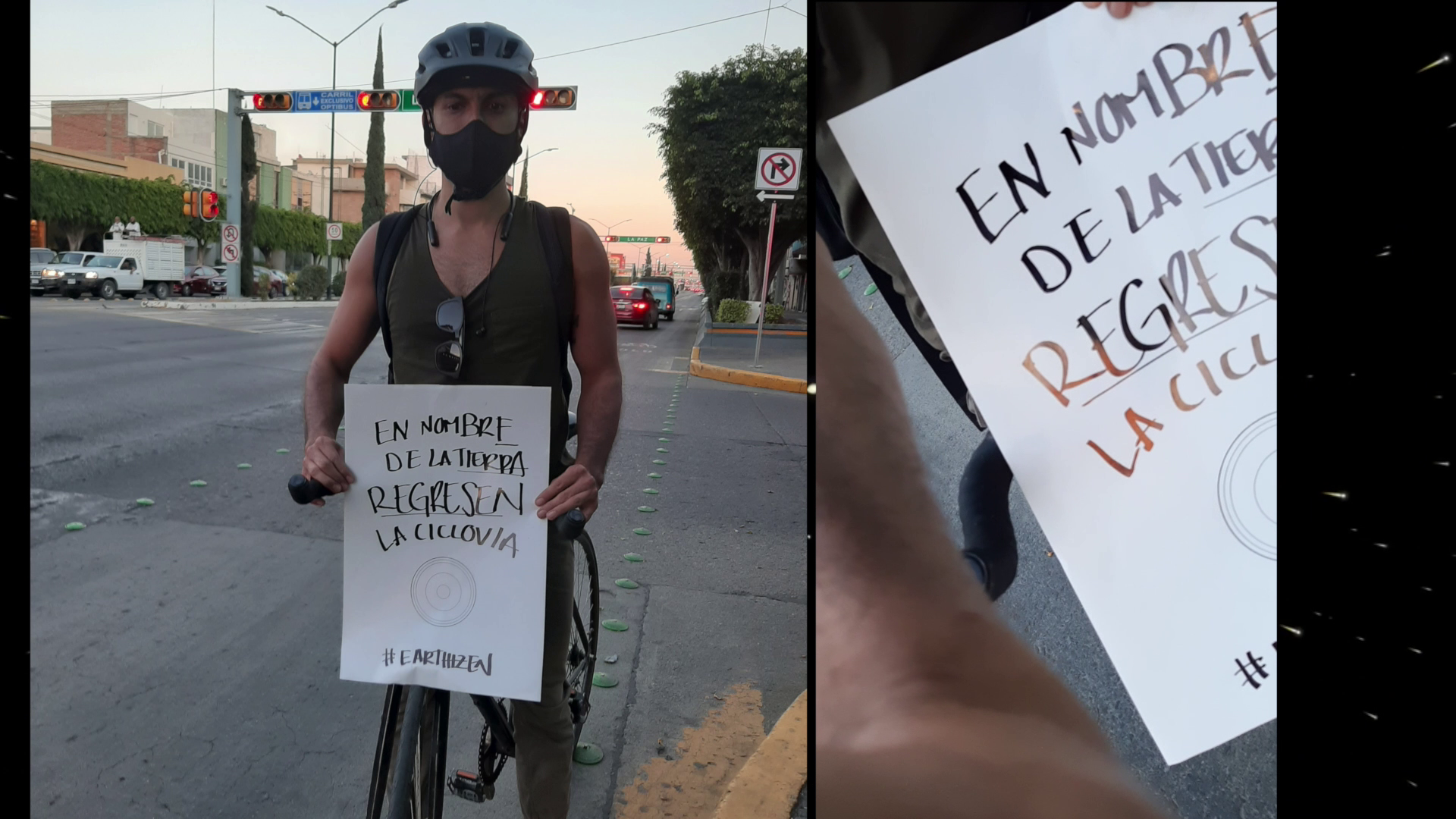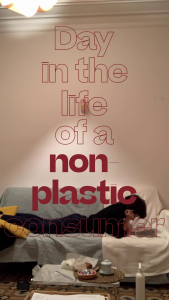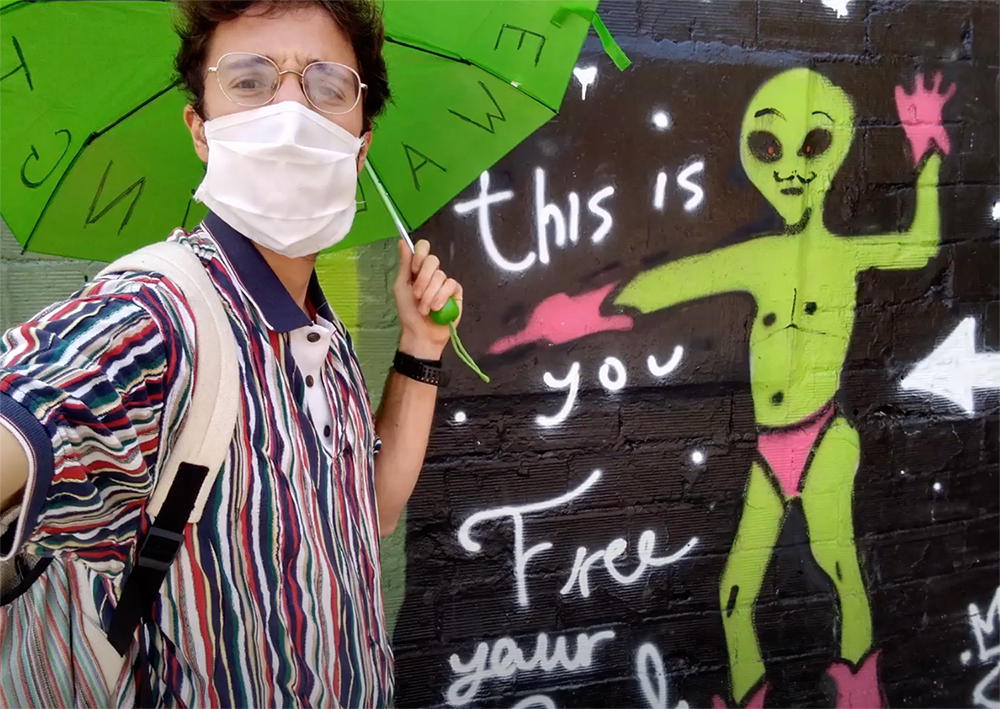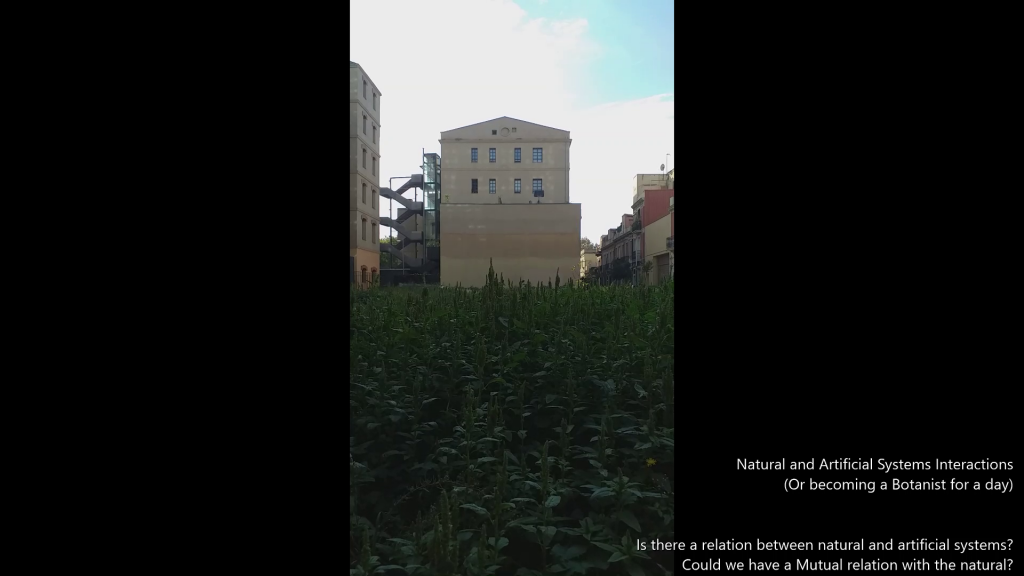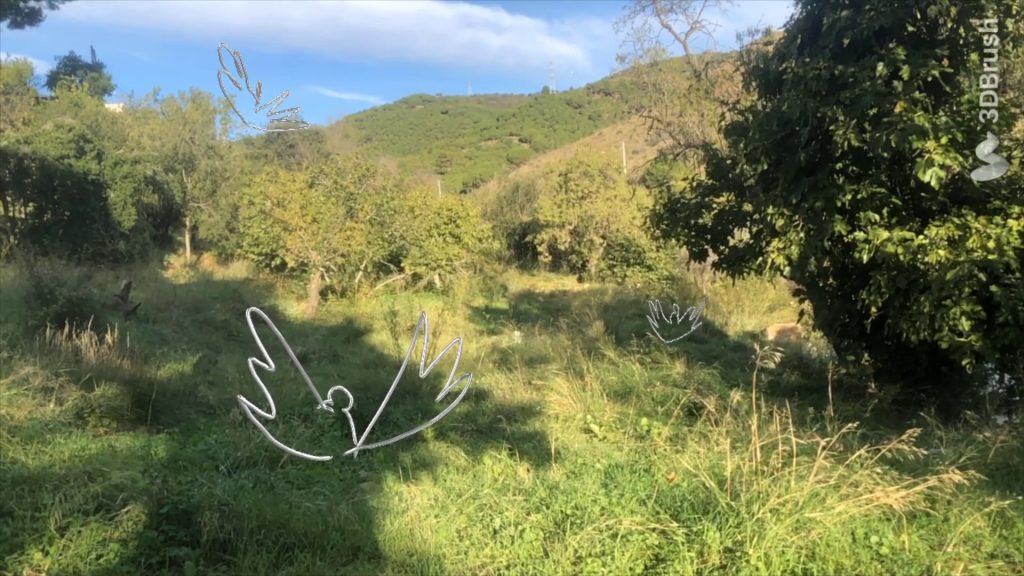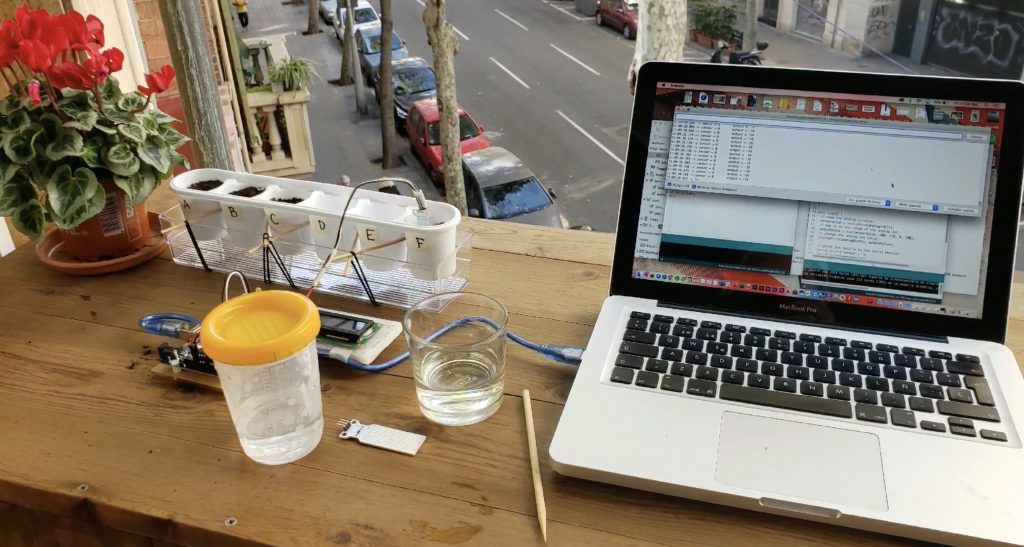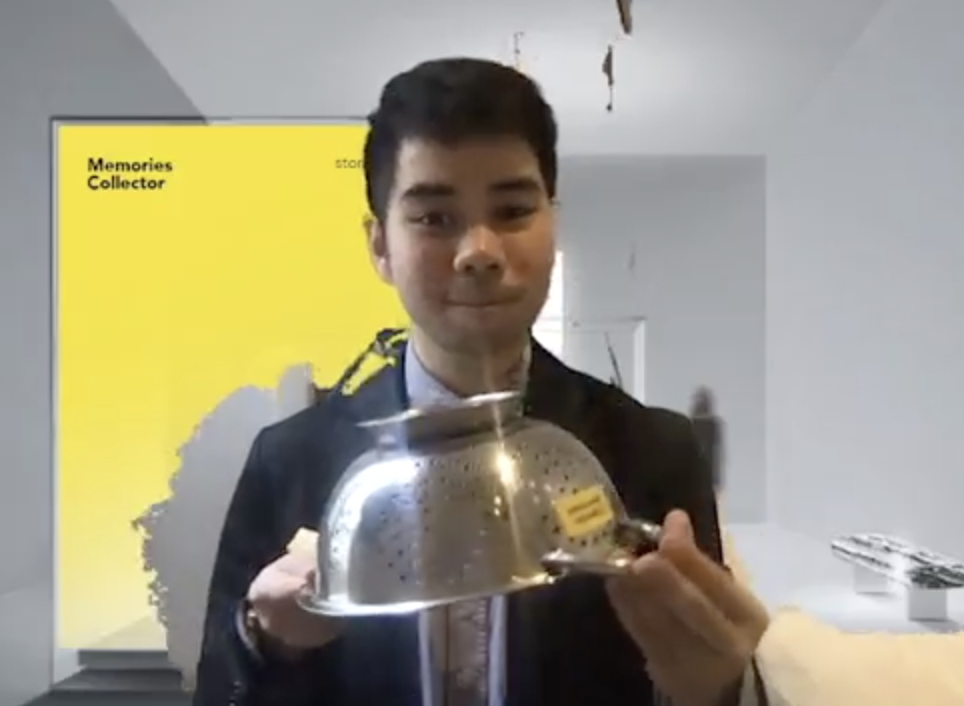First Person Perspective (1PP) design interventions to create alternative presents
When taking a 1PP approach to future scouting, the act of designing becomes personal. Designers design for themselves, and share their outcomes; or designs for their community from within. These ways of designing require continually reassessing relationships that arise between people, places and purpose, to better understand and respond to the complex interplay of needs and values in-situ.
As 1PP positions designers within communities, future scouting becomes a design intervention in context, the seed for the exploration of alternative presents. It situates and gives meaning to locally conducted design actions; accounts for individual and communal situated experience; and empowers diverse, often marginalised actors in bottom-up and top-down transformation processes, using materials at hand.
This exercise consists of applying the values and objectives of the participant’s project in their day to day living. It’s about exploring the hidden implications of those values, and understanding the power relations between different actors in the socio-technical system they are part of. All this, done from a bottom-up perspective. It’s about foreseeing the implications that their project can have in the world and in society from a first-person perspective. In this way, they can embody power relations and reflect based on their personal experience and on the responsibility they have as designers.
Prompt: For a day in your new life, go with the flow basing your actions on your project’s values.
Francisco became an Earthizen and started revindicating the creation of a bike path by cycling everyday wearing signs. He experienced being an activist and learned about the difficulties in changing the status quo, the reaction from the police and the citizens he encountered.
This activity involves looking for an extreme case to explore the possibilities and implications of the participant’s project. In this case, it’s more to understand a specific phenomenon or activity, that they want to know better.
Prompt: Force yourself to find and imagine a situation where you would take your project to an extreme.
Alejandra spent a day without using or touching anything that had plastic on it. It allowed her to experience the widespread use of plastic in everything we do. An important finding was that reducing the use of plastic can sometimes mean transferring its use to others. Meaning that instead of solving the problem we are just covering it up and making it worse.
This activity consists of actively transforming the participant’s behaviour, identity, or any other traits of their personality and then going outside to see how people relate to them and see how they feel in relation to them.
Prompt: Change one aspect of your identity, behaviour or personality and go outside. Reflect on how people relate to you and how you feel in relation to their reactions.
Clément became what he hated the most, a tourist guide for a day in Barcelona. He walked around the city trying to give advice and support the few people visiting tourist attractions. Facing his “enemy” allowed him to better understand the personal side of tourism and the real people behind this word.
Its objective is to push non-human agency to the limits and role play situations where power relations have shifted and more agency is given to things.
Prompt: Focus on one non-human actor and try to consider it as the same level as you.
Inés wanted to understand what kinds of communication with plants could be possible. She went multiple times to a reclaimed space used as a community garden. She observed it multiple times in multiple ways from the macro to the micro (using a microscope), reflecting on dimensions of time and scale.
This activity is about zooming in on specific details that can inform the participants’ projects. Extreme reflection is to analyze the impact that specific current personal activities have, and doing that by zooming in.
Prompt: Take one expected impact that your project is meant to have and zoom in on that specific aspect in your everyday life.
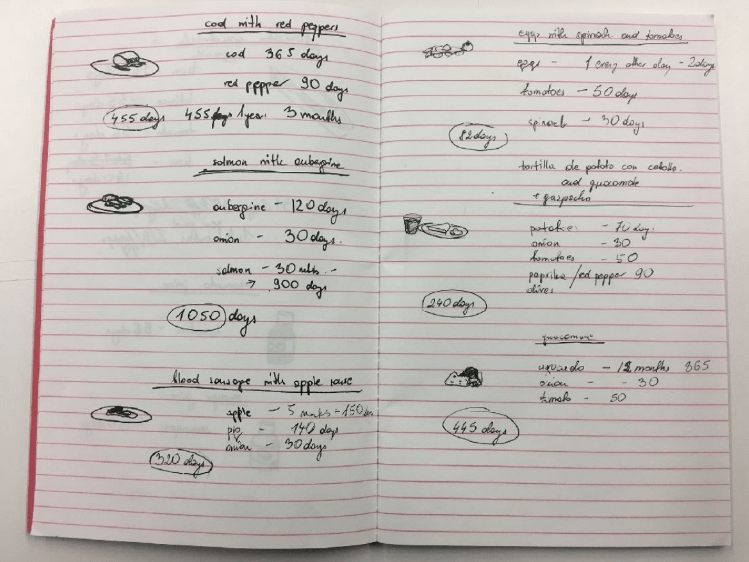
Magda Mojsiejuk, Master in Design for Emergent Futures, 19/20
Magda explored how many days it takes to grow all the ingredients from the food she had been eating. It completely changed her perspective of the supply chains involved. Also using total growing time she was able to create a different currency to compare meals.
The goal of this exercise is to ask, how do you expand your possibilities through technology? Exploring mediation roles of technology can have to create meaning.
Prompt: Expand your personal behaviour through technology and reflect on the new possibilities that emerge. Use off-the-shelf technologies to support role-playing future behaviours in context.
Isaul by using an augmented reality app documented by drawing in the space the movement of insects in a park. Afterwards he could relive the experience by moving around the space and seeing the visual traces left. This allowed him to make visible and understand better the relationships in the ecosystem.
This activity is intended to experience what it means to expand the participants’ skilful actions.
Prompt: Learn something that will be required to know in the future of the project you are developing, and reflect on the opportunities it creates.
Pablo learned how to program sensors to measure humidity and the PH of soil. He did it to experience the difficulties that a non expert can encounter. At the same time it allowed him to explore the opportunities that digital sensing technologies can bring to farmers in the future.
This activity intends to project the participants into a context where they are living in the future they are envisioning.
Prompt: Project yourself to the future you are envisioning in your project. Use your actual contexts and personal life to keep it close to you.
Wongsathon created an imaginary scenario where he didn’t just enact his future self in his future ideal job but he played the role of everyone else that would be involved. The surreal scenario created allowed him to reflect on the future of jobs from all the possible angles he could enact.
